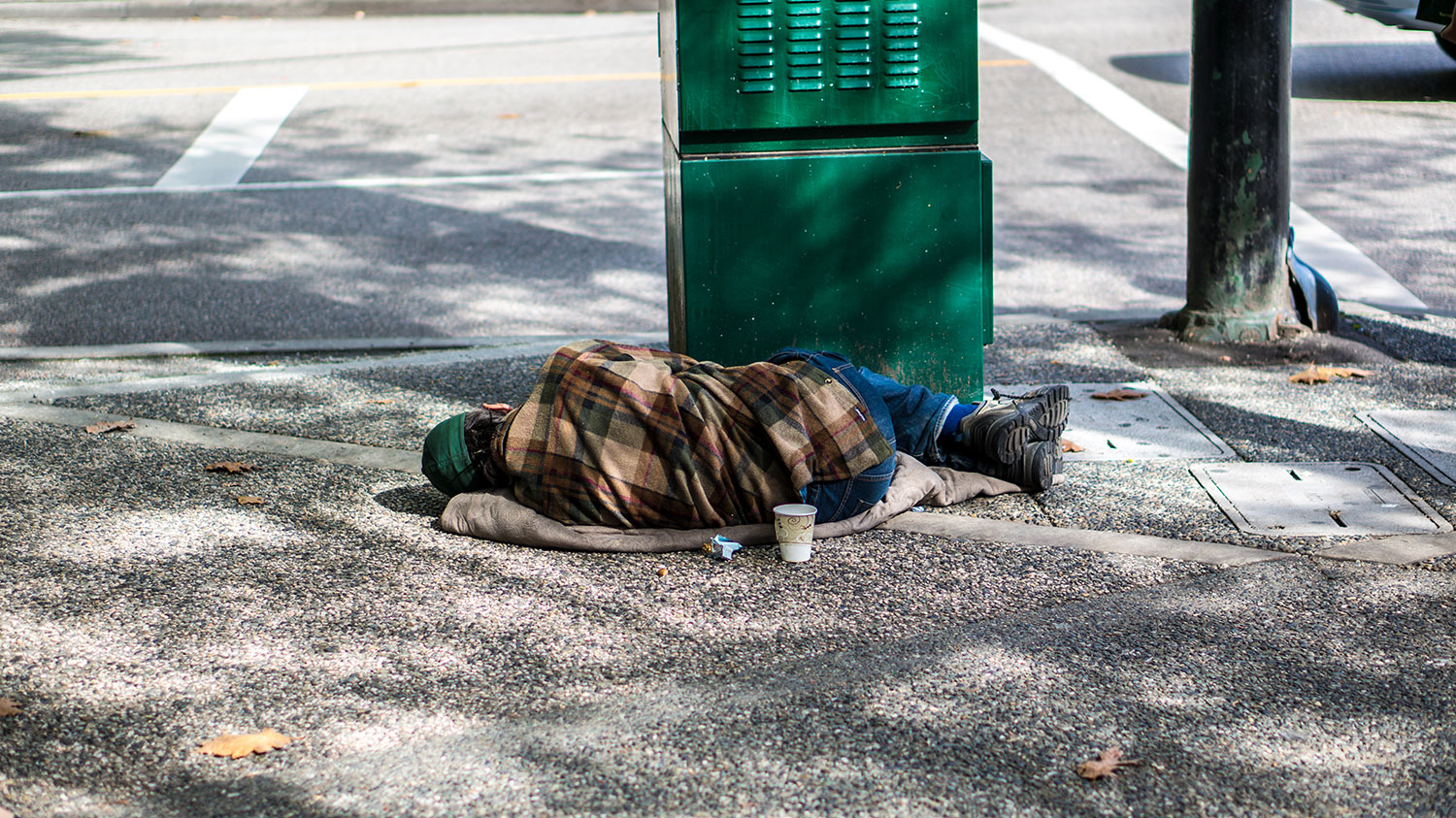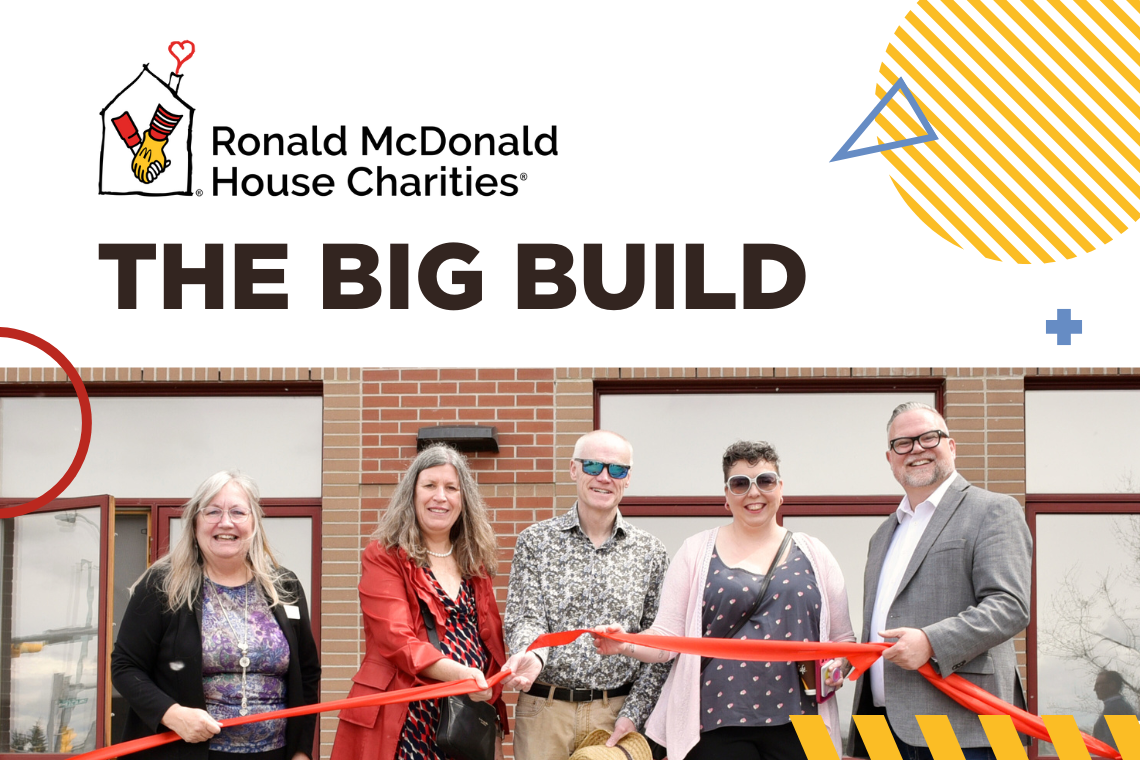
March 05, 2021 | Joel Schlesinger
Medicine Hat's virtual elimination of homelessness gives Calgary a good path to follow
Governments of all levels have been talking about ending homelessness for some time now, but Medicine Hat is actually walking the talk.
With a population over 63,000, Medicine Hat, for all intents and purposes, has put an end to chronic homelessness – a cycle in which individuals are perpetually stuck, residing in shelters, or worse, living on the streets for extended periods.
It's a goal seven municipalities across Alberta, including Calgary, vowed to accomplish almost a decade ago. But only Medicine Hat can claim success — outside of a handful of individuals who continue to use the city's shelter system on a long-term basis.
So what's its secret?
"Our plan to end homelessness is based on the housing first philosophy, meaning that housing is a basic human right and people are worth having a roof other their heads," said Jaime Rogers, manager of Homeless and Housing Development Department with Medicine Hat Community Housing Society.
This approach is by no means unique to Medicine Hat. The Housing First initiative is, in fact, a national campaign that has been embraced by large cities, including Calgary. What makes Medicine Hat a little different is it has been ahead of the curve in prioritizing housing, says Kevin McNichol, vice president of strategy for the Calgary Homeless Foundation, a leading non-profit providing services for homeless individuals and families.
"Calgary was the first city in Alberta to launch a 10-year plan to end homelessness, so in many ways we're trailblazing," said McNichol.
Yet early on, its efforts were more diffuse – a patch-work approach of providing food, clothes, blankets and social services to the city's more than 3,000 homeless individuals, as well as housing solutions.
But about five years ago the city, province and non-profit organizations came together to refocus on housing as the linchpin to ending chronic homelessness in Calgary.
"It was really about recognizing that homelessness is not some dysfunction or failure on the part of people who find themselves homeless," he said. "There are systemic, structural and societal issues that have often led them to be in a space where they don't have access for a variety of reasons to basic needs, and housing is central to meeting those needs."
He adds Medicine Hat's efforts gave Calgary a good road map to follow.
Our plan to end homelessness is based on the housing first philosophy, meaning that housing is a basic human right and people are worth having a roof other their heads.
Medicine Hat now triages homeless individuals and families who come into the shelter system. It's a successful initiative that has since been adopted in Calgary.
"Individuals would not have to experience emergency shelters for more than 10 days prior to be connected to the appropriate housing supports to end their homelessness," said Rogers. "That does not mean they receive housing within those 10 days because there are a lot of external factors that we can't control like the availability of housing units."
But thanks to this process the majority of homeless individuals do not fall through the cracks of the system, she adds.
Another factor in Medicine Hat's success is that housing for the homeless is largely provided by the private sector in Medicine Hat.
"We rely heavily on landlords and property management companies," said Rogers.
That approach has proven more difficult in Calgary where affordable housing is in very short supply. According to a recent City of Calgary report, Calgary's subsidized and affordable housing is a little more than half the national average.
While the statistics on affordable housing aren't pretty, agencies at least now know what they're up against, says McNichol.
"If we had this kind of data in the early days, we might have set some slightly different agendas."
Challenges aside, Calgary has made remarkable progress, he adds.
"The fact is we've still been able to house over 8,000 people since we started this campaign," said McNichol, adding the goal is to provide housing for 10,000 people by the end of 2018.
Yet, McNichol says the city will probably never truly end homelessness. "But what is achievable is we can ensure that it no longer becomes a permanent condition for people."
Tagged: Calgary Community | Calgary Homelessness | Medicine Hat | Surrounding Areas




